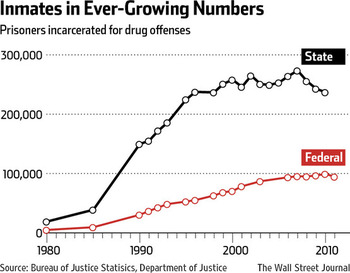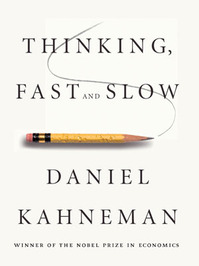Nobel Prize winner George Stigler contributed to the Public Choice literature and was a staunch defender of rationality. One example would be his paper with Gary Becker, “De Gustibus Non Est Disputandum.” One popular, much discussed conclusion of some public choice theorists is that it is irrational to vote. The argument goes that the marginal effect of one vote is almost always miniscule, so the expected benefit to the voter is equally miniscule. On the other hand, the time and effort it takes to vote are always more than miniscule. So the expected costs of voting exceed the expected benefits. Ergo it is irrational to vote. When I was a graduate student, taking courses in philosophy and economics, and for a couple of years as a post-doctoral fellow, I frequently stopped by the office of the Journal of Political Economy where Stigler was an editor. I believe it was there that I heard Stigler, definitely on an election day, say “Here I go to do something irrational.”
Stigler is well-known for his humorous biting comments. These could be tough on others. But this story shows that they also could be directed at himself.
I do not know if anyone has fully solved the paradox of the irrationality of voting. I guess you would have to say something about how the effects of all good people ceasing to vote would be far from marginal and far from good.
I once mentioned to distinguished Public Choice theorist Dwight Lee that a positive result of the personal benefits of voting being miniscule to a voter, is that the voter was freed from voting their personal narrow self-interest, and could vote their conscience about what served the general good. (Maybe something like what Rawls hoped for behind his “veil of ignorance” in A Theory of Justice.) I believe that Dwight told me that he already published a paper that expressed this positive result, but I never took the time to look for that paper.





